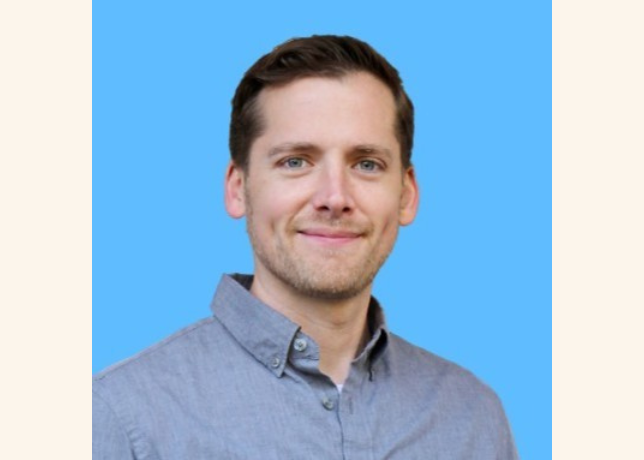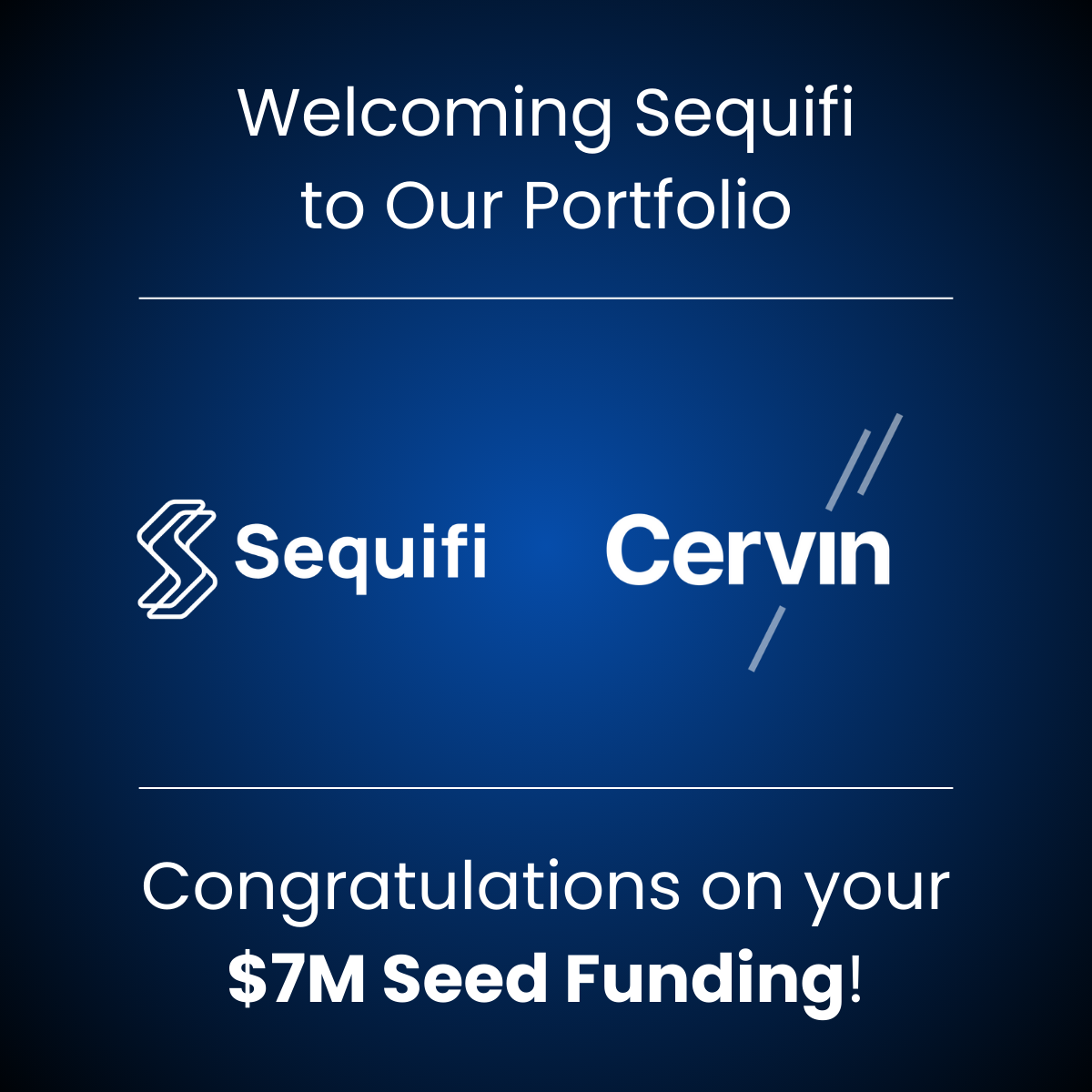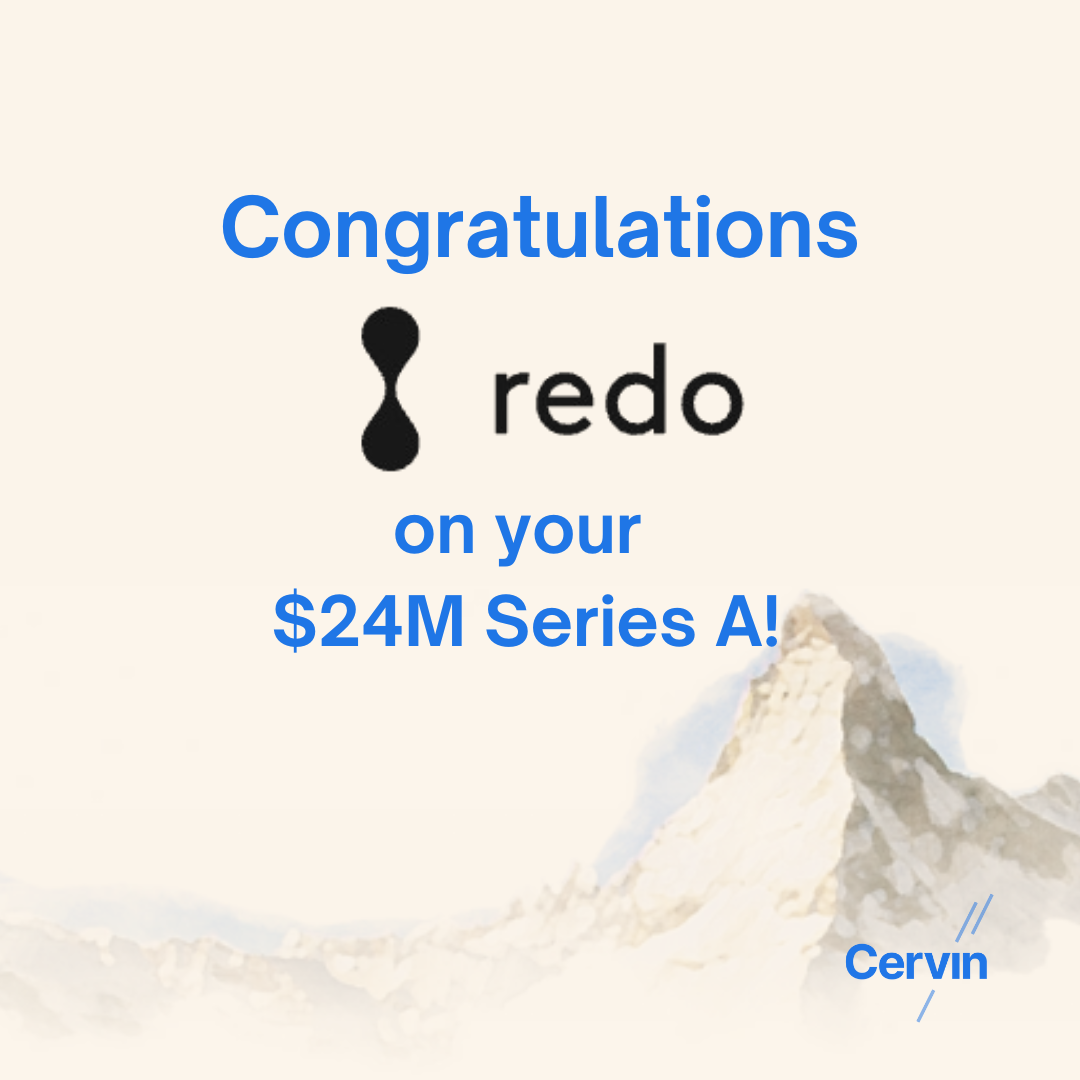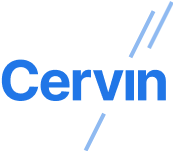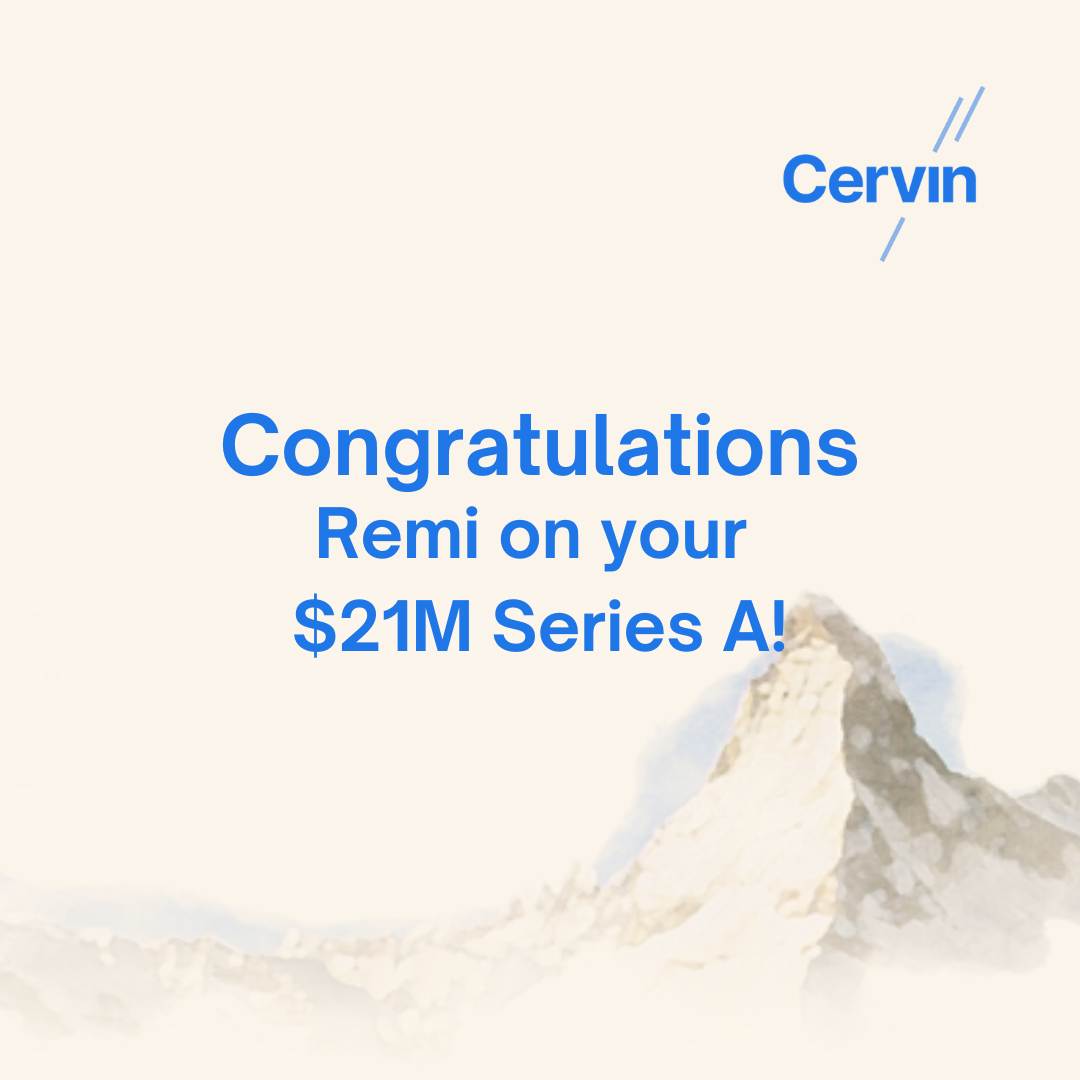Hey, my name is Scott Smith and I’m the CEO at CloudApp. We're a business that started in 2016, and our focus is on visual communication. So the idea is that most of the time, it can be really difficult to explain your point or get your point across using just text-based messaging like Slack or email, and you end up writing long emails or long messages that nobody wants to read and also similarly, we're all burned out from video meetings like Zoom and teams other kinds of tools. So if you could capture what you see on your screen and share it as a quick video, screenshot, or annotation, it'll show what you're talking about much faster. And so our business builds software for companies like Qualtrix and Zendesk, and Atlassian, as well as small startups of 1-2 people.
What is your long-term vision for CloudApp?
So we started off by building a simple and, over time, more powerful capture product that could capture anything that you saw on your computer and would be able to integrate in any workflow that you have. So we have integrations with Github, Atlassian, Zendesk, Slack, and quite a few others. Then, as you capture more of this information and these videos and put them into tools you care about, we want that information to start coming alive. We want it to be searchable. We want it to be transcribable. We want our information to inform how you work and be a more superhuman version of yourself. So basically, the vision of the product is to help people become super versions of themselves, get work done faster and be more productive and try to make work a more friendly, happy place rather than feeling tired, exhausted, and burnt out.
What inspired you to start your own company?
When I was working at Facebook, I'd been there through an acquisition of a company called Parse, and I was working on a new product, and the product was called Facebook At Work or Workplace. So it was basically like using Facebook as you would, but in a work environment - so messaging, communication, all that kind of stuff. And I would go out and I would talk to the CTO of a 5,000, 20,000, 100,000 person company, and they would say, "Hey, I'd love to try the product. Can you send me some more information?" And anytime that I wanted to show what we were working on, my process would be - take a product like Quicktime, record a huge video, like 5 or 6 GB, try to figure out how to compress it and I would go to the tools available at Facebook like Box, Dropbox, maybe Zoho and a couple of others and upload it to that tool and then try to share that content out and make it external. And every time the videos were huge, they weren't transcoded, meaning you couldn't watch them on whatever platform you wanted to be on - mobile, web, or desktop. So sharing the files became kind of complex and cumbersome. So anyway, what was really, to me, was part of the idea with CloudApp was that every aspect of that flow I mentioned was instantaneous and easy to do for just about anybody. So that was a big reason that I thought, "Hey, this could be really cool," and I think as we developed it over time, we saw more and more people had similar problems - just wanting to get their point across and be clear, consistent, and very fast.
